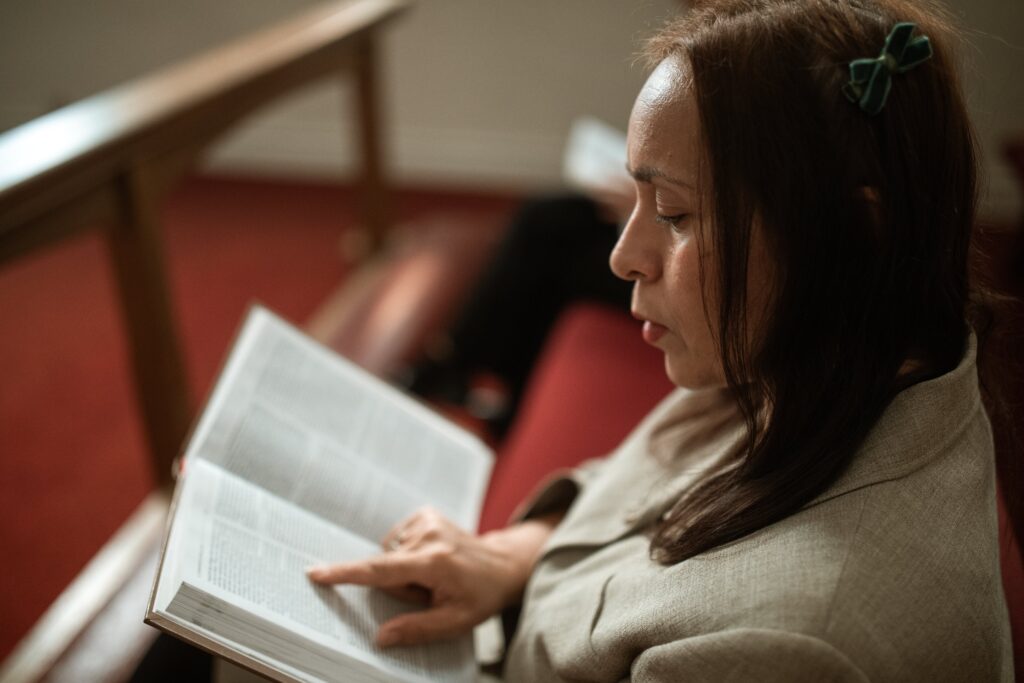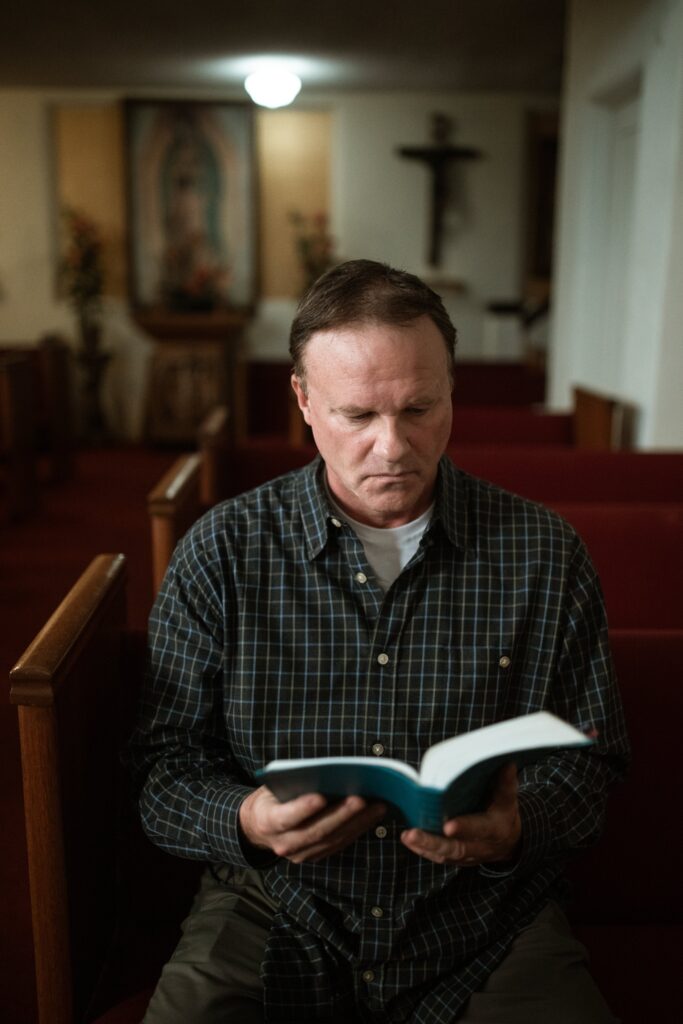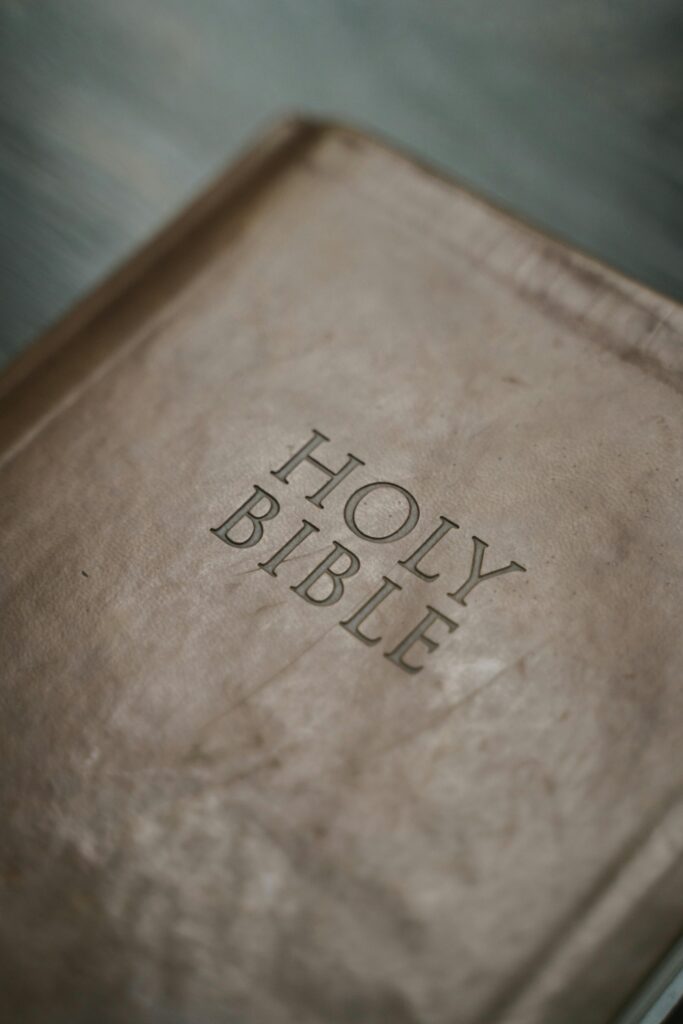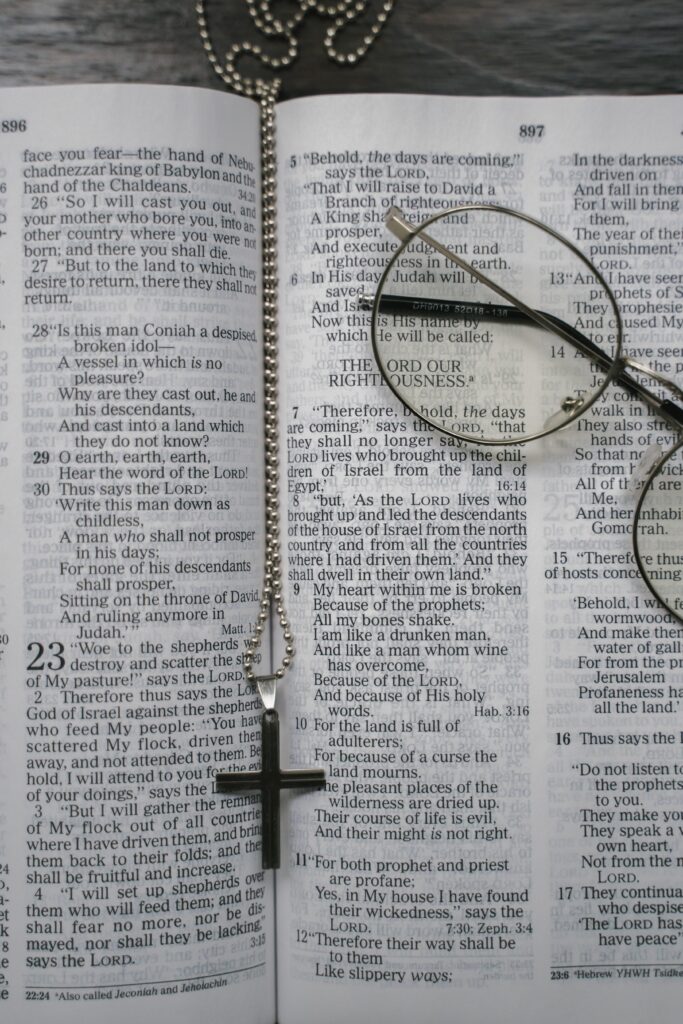History of Christianity and Christianity Today
The Dawn of Christianity: Origins and Early Believers
When contemplating the question, “What is Christianity?”, it’s essential to start at the beginning. Christianity, at its core, is the religious tradition centered around the teachings and miracles of Jesus Christ. Recognized as the founder of Christianity, Jesus’ life and message have profoundly impacted millions over the centuries.
So, when did Christianity start? The roots can be traced back to the 1st century AD, in the Roman province of Judea. Early believers, comprised primarily of Jewish followers, spread the teachings of Jesus, emphasizing his role as the Messiah and the importance of love, forgiveness, and salvation. As they journeyed, they encountered different cultures and beliefs, shaping the diverse types of Christianity we see today.
Imagine a place where each “writemy thesis” plea is answered with personalized guidance. Where seasoned experts delve into research topics, unraveling complexities with the finesse of skilled academics. The essay service, in its commitment to excellence, turns the daunting task of thesis writing into a manageable journey.




Key Councils and Doctrinal Developments
The evolution of Christianity required structure and clarity, especially as different interpretations emerged. The Council of Nicaea in 325 AD was pivotal, leading to the Nicene Creed—a unified Christian doctrine. This council, and others like the Council of Chalcedon, addressed and resolved significant theological disputes, setting a foundation for what many define as orthodox Christianity.
However, the path wasn’t always smooth. As history of Christianity unfolded, heresies (alternative beliefs) posed threats to the church’s unity. But through these challenges, a stronger, more defined faith emerged.
A top essay writing website DoMyEssay delivers bespoke, exceptional writing assistance across different academic fields. Its team of professional writers ensures content is original, thoroughly researched, and adheres to deadlines. With a focus on quality and ensuring student satisfaction, it stands as an ideal choice for academic help.


The Great Schism: East and West Diverge
As centuries passed, cultural, theological, and political differences created tensions, climaxing in the Great Schism of 1054. This significant event split the Christian world into two: the Roman Catholic Church in the West and the Eastern Orthodox Church in the East. The divide revolved around issues like papal authority and theological interpretations, forever changing the landscape of Christianity.
Interestingly, when considering “catholicism vs. Christianity,” it’s crucial to understand that Catholicism is a branch of Christianity, just as Eastern Orthodoxy is. Both are foundational in the diverse tapestry of Christian faith.
In addition, do my project WritePaper offers specialized assistance for students with project-based assignments. Whether it’s a science experiment, a business plan, or a creative project, WritePaper’s service is designed to provide comprehensive help. From the planning stage to the final presentation, WritePaper ensures that each project is thoroughly researched, well-organized, and executed to meet academic standards.
Protestant Reformation and Its Repercussions
The 16th century brought another seismic shift with the Protestant Reformation. Sparked by Martin Luther’s 95 Theses, which criticized certain church practices, the movement led to a questioning of religious authority and a demand for change. Key figures like John Calvin and Huldrych Zwingli contributed to the rise of Protestant denominations, each presenting different interpretations and practices.


Modern Movements and Denominations
Fast-forward to recent centuries, and the Christian landscape continued to evolve. The rise of Evangelicalism and Pentecostalism, emphasizing a personal relationship with Jesus and the gifts of the Holy Spirit, brought fresh vitality. Today, progressive Christianity seeks to harmonize ancient teachings with modern societal understandings, further showcasing the religion’s adaptability.
When we talk about “types of Christianity,” the spectrum is vast, from Eastern Orthodoxy to Roman Catholicism, Protestantism to Pentecostalism. Each has its unique practices, holidays, and traditions. For instance, while Christmas and Easter are universally recognized, some Christian holidays, like the Feast of the Epiphany in orthodox Christianity, have distinct meanings and celebrations.
Christianity Today: Global Reach and Challenges
Today, Christianity is the world’s largest religion, with followers spanning every continent. The faith’s ability to resonate across cultures is remarkable, whether in the heart of Europe or the plains of Africa. Yet, modernity poses new challenges. Secularism, scientific advancements, and interfaith dialogues require the church to engage in constant reflection and adaptation.
Technology, while offering tools for evangelism and connectivity, also presents distractions from spiritual pursuits. Yet, through it all, the core message remains unchanged: the love, grace, and salvation offered through Jesus Christ.


Reflecting on Christianity’s Future
As we gaze into the horizon, the future of Christianity appears dynamic. With evolving perspectives on social issues, there’s a move towards more inclusive understandings, seen in areas like progressive Christianity. The interactions with other world religions, coupled with the challenges of secular societies, will undoubtedly shape the faith’s trajectory in the coming decades.
One of the unique facts about Christianity is its symbol: the cross. A representation of sacrifice, redemption, and love, it stands as a timeless beacon for believers. As cultures change and challenges arise, the core tenets—faith, hope, and love—continue to guide the way.
This piece offers a bird’s-eye view of the vast history and modern manifestations of Christianity. A religion rich in history, rife with divisions and reconciliations, and teeming with diversity, Christianity remains as relevant today as it was two millennia ago.
